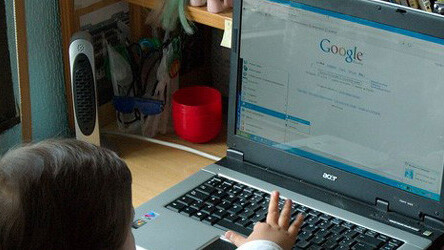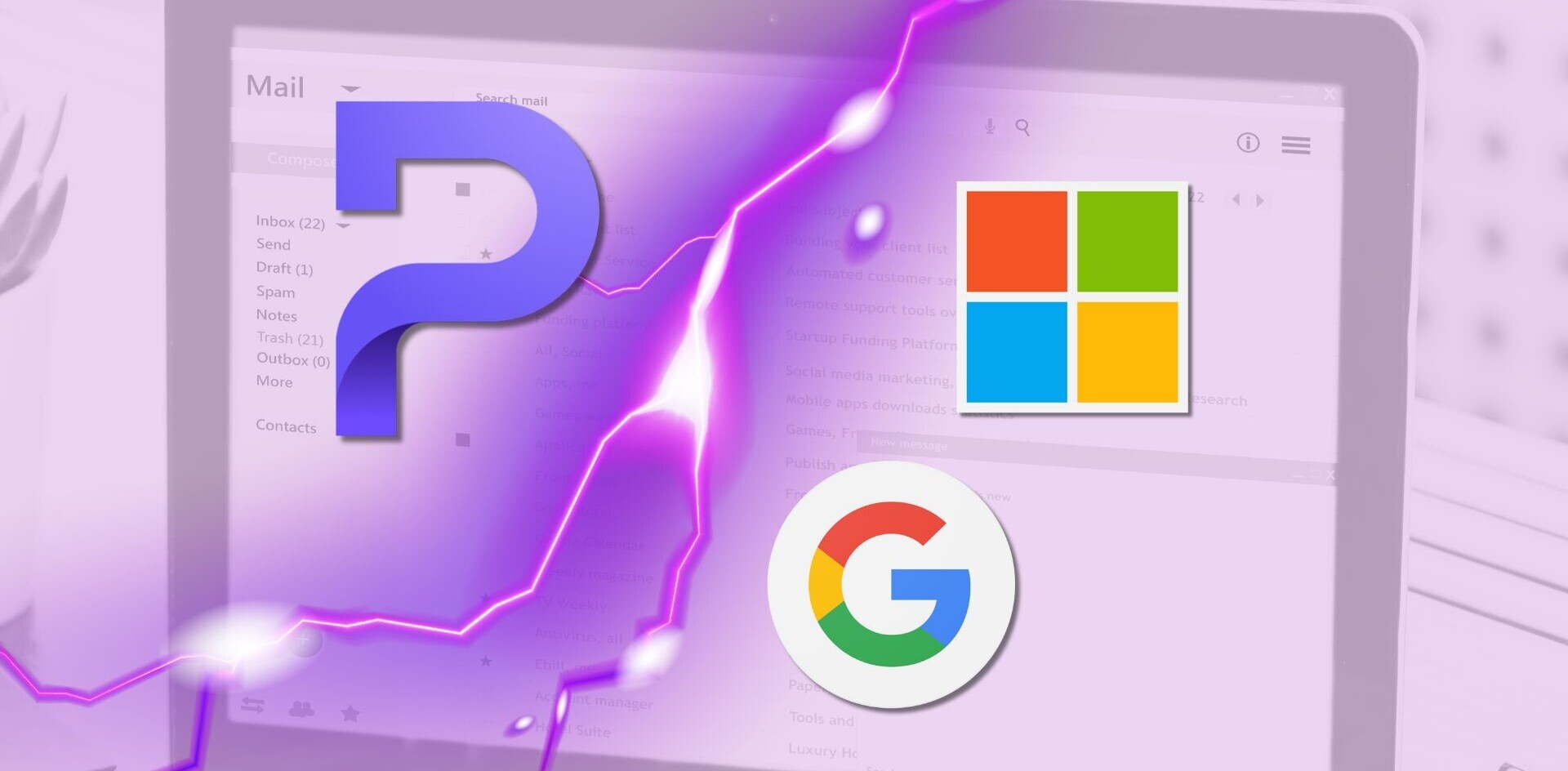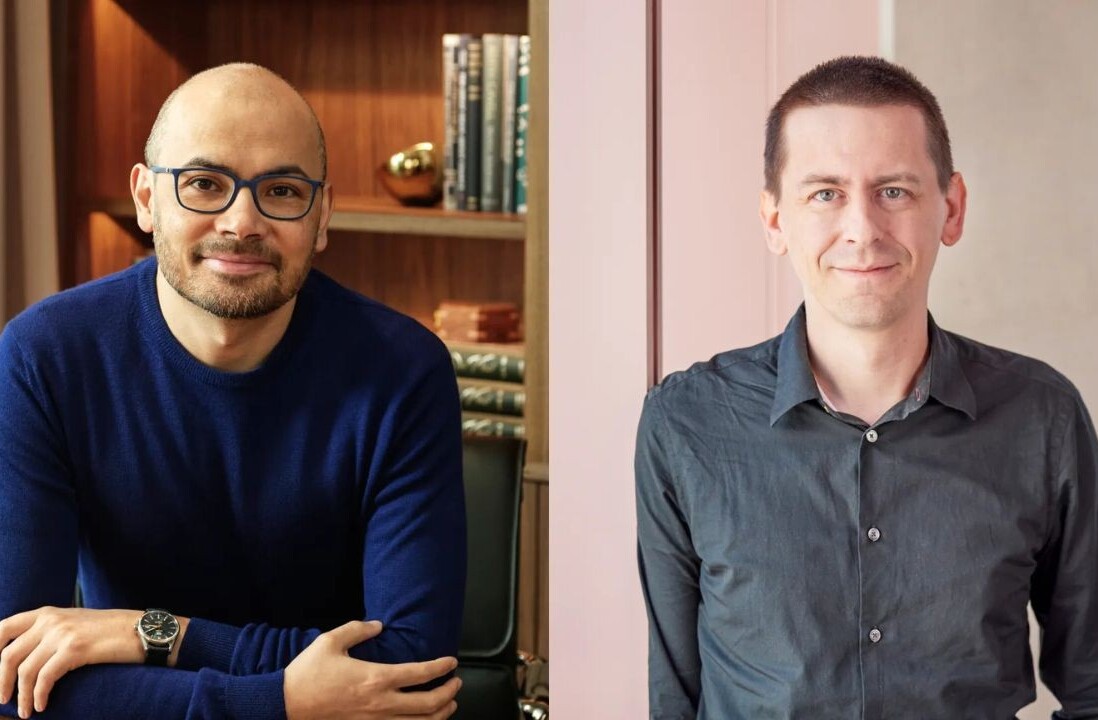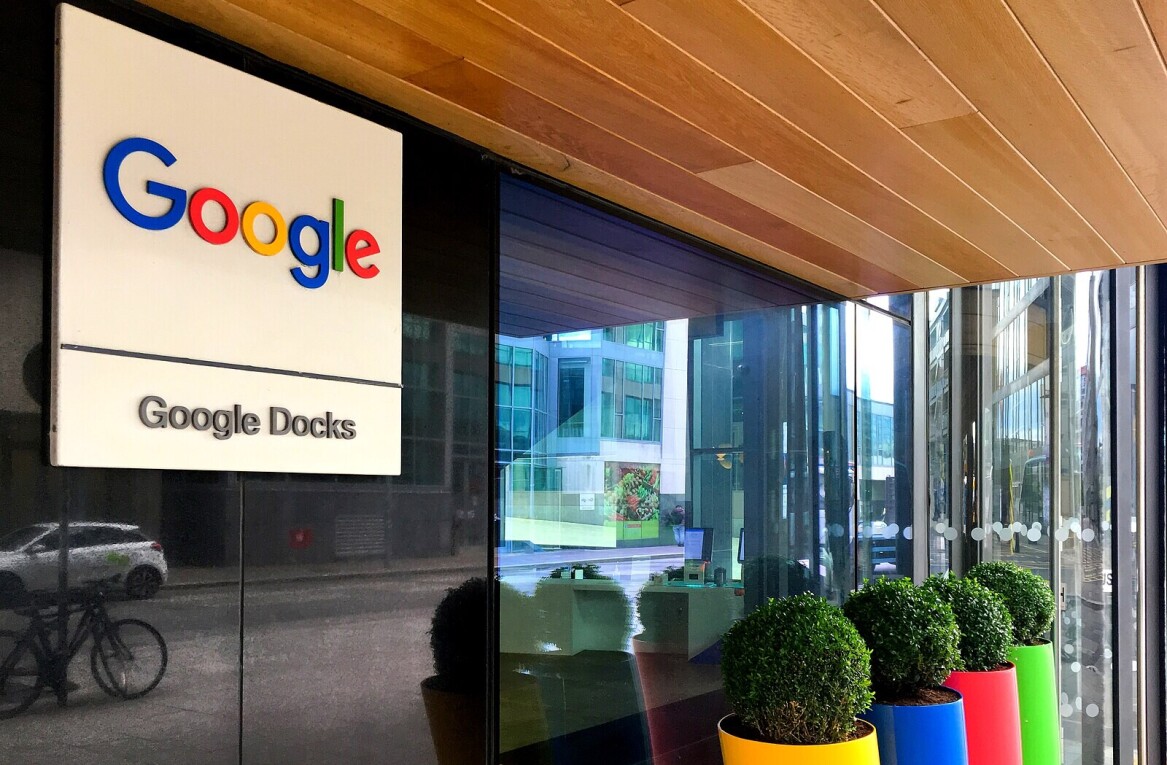
As part of a wide ranging tour, Google’s executive chairman, Eric Schmidt gave a talk at the Science museum in London. Dressed in a smart grey suit and frankly looking pretty unruffled by the heat in the city that evening, Schmidt laid out a few visions of the future for different technological adoption rates, education and the battle for the web.
Schmidt opened by establishing the importance of science and engineering. With an audience of geeks sitting in the Science Museum, this is of course preaching to the choir, but there were interesting and poetic points made.
The Google top man is certainly enamoured with his craft, “Not to deny the importance of art, but we must not deny the importance of science and engineering. You need people to make the instruments. Music may be the food of love but engineers make the instruments.” Fair point, though it can be said that most violin artisans are also musicians. But it’s also fair to agree that culture makes life worth living and technology enables this.
The title of the talk was “Why Science Matters” but it’s possible that ‘Why computer science matters’ would be a more precise version. Schmidt said that there was no more viable seed for growing a new industry than technological innovation. He held up the web as an example and pointed out that the internet is a platform of more than 8% of the UK GDP.
A divided future online
Schmidt is pretty good at delivering stirring statements about the possibilities of the future. “To connect the world is to free the world. The web is much more than a network of machines, it’s a network of minds.” It all started to sound a little tech-utopian, but naturally this is Google, so there’s work to do.
There will be troubles ahead, and part of that is the problem of ‘have and have not’ when it comes to digital access. Schmidt looked at the digital divide of the future as a set of three broad categories; ‘early adopters’, ‘connected contributors’ and the ‘aspiring majority’.
Early adopters are at an advantage. Born in the right place with “a good education, economic prosperity and a democratic government”. Schmidt says that for this group the sky is practically the limit with the only restrictions being what science can offer and what society deems ethical.
He touched upon the future development of the internet of things, “This is world where tiny sensors can be embedded in everything. One estimate is that we’ll end up with about 50 billion such connected devices by 2020. For early adopters, intelligent robots, virtual reality, self driving cars will all be common place. Our cars have already driven more than 200,000 miles. So for this privileged few, science fiction will become a reality and it will redefine the way we live.”

That sounds pretty neat if you’re a privileged early adopter, but chances are the best of us will fall into categories two and three.
The connected contributors group is a much larger one and according to Schmidt, “This is a generation that grew up with increasingly sophisticated technologies as part of their daily lives. A generation born in a household with broadband and multiple computers and equipped with the skills and digital literacy to use them.”
That sounds like a lot of us today. But the Google man had a few ideas about how this middle class could leverage what it has. Although it may not be as rich as the early adopters, they could rent technologies that will be ubiquitous and so innovation will still open up their world.
The third and largest group in the future description is the aspiring majority. At around 5 billion poeple, that’s a huge market and one that technologists must think carefully about approaching.
Schmidt says, “There will be improvements in infrastructure, wire networks will get faster but we cannot imagine the future by extrapolating the past. For the aspiring majority, it’s not going to be dial up and broadband, it will be the smartphone that changes their lives.”
Smart phones hooked up to mesh networks are the devices that will open up tech in this part of society. Although Schmidt is sensible and acknowledges that, “No one is suggesting technology is going to suddenly transform the social, political and economic conditions of these communities, even in modest amounts can change lives.”
What keeps Eric Schmidt awake at night?
So, the future looks pretty bright in areas where access to the web remains stable. Providing that access is not blocked or filtered.
On which note we come to the things that Schmidt find worrying about the future of the Internet. There’s three on the list, but they’re big ones and worth pondering.
1: We built the Internet without criminals in mind. It didn’t occur to us they’d be on the internet too. While getting more and more secure, the vulnerabilities in its design will exist for at least the next decade. While threats come from individuals and groups of people, the biggest problem will come from nations that seek to do harm. It’s very difficult to identify the source of cyber criminality and stop it.
2: The fact that there is no delete button on the internet. Much of the existing privacy debate centres on the tension between the public right to know and individual privacy. I hope that ranking emerges that can distinguish between truth and falsehood.
3: I worry about governments filtering information. The government tried to turn the internet off in Egypt. Many governments are trying to build their own walled Internet, where we can’t tell what’s been witheld from us. Not only does filtering not work, it can create dark places where hate, radicalism and crime can flourish.
Filtering technology will become more effective. We face the real possibility that we could end up living in a society where software silently deletes our voices, our thoughts and our culture. Make no mistake, this is a fight for the future of the web and there is no room, in my view, for complacency.
Those are some huge problems and it is likely to take decades of work to put any of that right. At least for now there is some clarity about future and past of the internet and probably where to start if you’d like a job at Google.
Support your local comp-sci teacher
Through the rest of the talk, Eric Schmidt went on to outline the idea that there should be more support for education in computer science.
There appears to be a disparity between the actions of youth and its education. “Today’s generation is the first fully connected generation that the world has ever known”, says Schmidt. “If they’re awake, they’re online. That’s your children.”
So if they’re always connected, why is education not supporting their learning around the objects they seem to be perpetually attached to?
Schmidt says, “The root of this problem lies at the sorry state of computer science education in schools. I’m told that computing represented a half of one per cent of a level results in 2011 in the UK. that’s about 4000 students.” So that’s a F grade from Google on the UK’s education papers…
“Rebooting computer science education is not straight forward”, he continues. “What I mean is teaching computing as a science, the basic architecture of a computer, the concept of an algorithm, the logial reasoning that goes into writing a program. This matters, not only because it gives a glimpse under the hood of a tool that is intrinsic in everyday life, its useful because of the thinking involved.”
As a result of reading the research around computer science and teaching in the UK, Google is teaming up with a charity called Teach First,. The aim is to put exceptinal graduates in the most challenging schools.
Google has provided the funds for Teach First to train more than 100 science teachers with the majority focused on computer science. They’ll get a bursary for equipment too. It might not be the ultimate solution, there are many ways in which computer science students and teachers can be encouraged and supported, but this is a start.
Schmidt ended his talk with a rallying cry, “We’ll do what we can, but ultimately this is a problem for everyone. If children are not inspired to learn about science, it’s a lost opportunity for them, and a loss for the world.
“Let us resolve to commit ourselves to building a world where everyone has a chance to be connected and enjoy a greater sense of freedom and opportunity. It’s literally in our hands.”
If funding like this does make a difference, then it may lead to other large companies in the science and technology sector also trying to find ways to support education. Though, are we ready for a nation of little Googlers?
Get the TNW newsletter
Get the most important tech news in your inbox each week.





